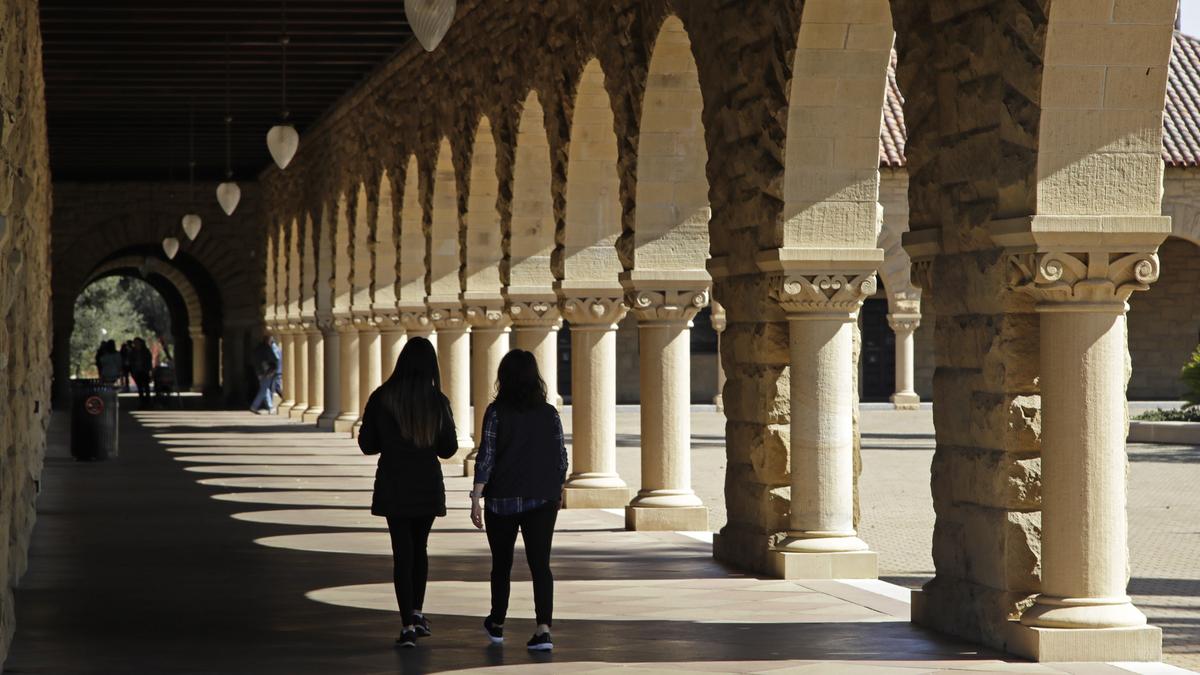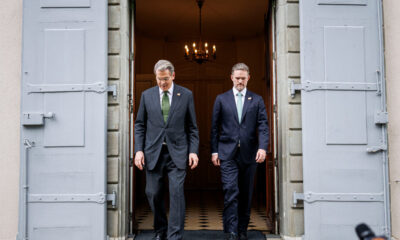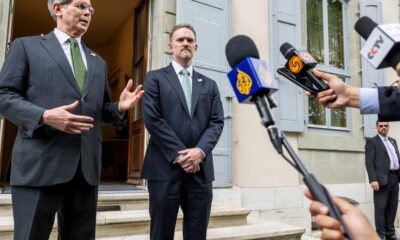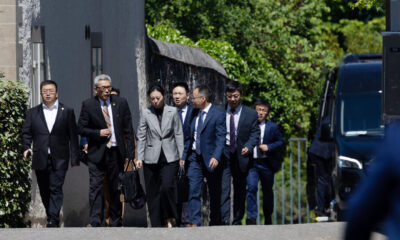The current situation: The Trump administration has taken a tough stance on visas for individuals suspected of being involved in campus protests or advocating for human rights in Gaza.
What is the U.S. policy on student visas?
Discussing the issue of student visa revocations, U.S. Secretary of State Marco Rubio recently stated that no one has an inherent right to a U.S. visa, asserting, “…We have witnessed situations on various campuses where students are unable to attend school… buildings are being occupied, activities are taking place – this is clearly an organized movement. And if you are in this country on a student visa and are participating in these movements, we have the authority to deny your visa.”
Under the U.S. Immigration and Nationality Act of 1952, the Secretary of State has the power to revoke visas of foreigners considered a threat. It has been reported that U.S. immigration officials are now also closely examining new applications for academic (F), exchange (J), and vocational (M) visas, with the aim of rejecting visas for those associated with such protests.
As part of the second Trump administration’s ‘Catch and Revoke’ initiative, Mr. Rubio mentioned that by March 27, the State Department had already revoked the visas of over 300 foreign students in the country. Reports indicate that Indian students are also among those affected. In the 2023-24 academic year, there were reportedly 331,600 Indian students in the U.S., according to U.S. State Department data. Under the ‘Catch and Revoke’ program, connected to President Donald Trump’s executive order in January to address “anti-Semitic” movements on college campuses, the State Department is said to be utilizing AI technology to review social media posts by foreign students to determine who may be eligible for visa revocation and subsequent deportation to their home country.
In this context, the Trump administration has demonstrated its seriousness by imposing stricter measures against major U.S. universities, including reducing hundreds of millions of dollars in federal government support to institutions like Columbia University, University of Pennsylvania, and Johns Hopkins, among others.
How is student enrollment monitored?
According to the Migration Policy Institute, the number of international students enrolled in U.S. colleges and universities has significantly increased over the years, rising from 26,000 international students in 1949-50 to nearly 1.1 million in 2019-20. International students have also grown as a percentage of all students enrolled in U.S. higher education, from 1% to nearly 6% during the same period.
Following the revelation that one of the 9/11 hijackers entered the U.S. on a student visa but never attended classes, the Student and Exchange Visitor Information System (SEVIS) was established in 2003 to gather information about all foreign students and exchange visitors in the country. SEVIS requires schools to submit and update student information in a central database accessible to the government; students who fail to appear or stop attending classes risk having their visas revoked and facing deportation. The list of universities where foreign students have had their visas revoked continues to grow and includes institutions like Arizona State, Georgetown University, University of Minnesota, and Cornell, among others.
What are the challenges to this policy?
The issue of legal recourse is complex in this scenario as the current immigration enforcement actions target foreigners rather than U.S. citizens.
However, the American Civil Liberties Union recently issued an open letter urging universities to resist government pressure, including surveillance or threats to international students and faculty. The group of academics emphasized that protests are considered protected free speech and assembly, guaranteed by the U.S. Constitution’s First Amendment. Additionally, organizations like the American Association of University Professors and the Middle East Studies Association have filed lawsuits against the Trump administration, arguing that targeting students based on their beliefs is unconstitutional and hampers academic freedom. Despite these challenges, remarks from Mr. Rubio suggest that unless legally challenged, the revocation program may persist in the future.
Published – April 06, 2025 03:10 am IST








































